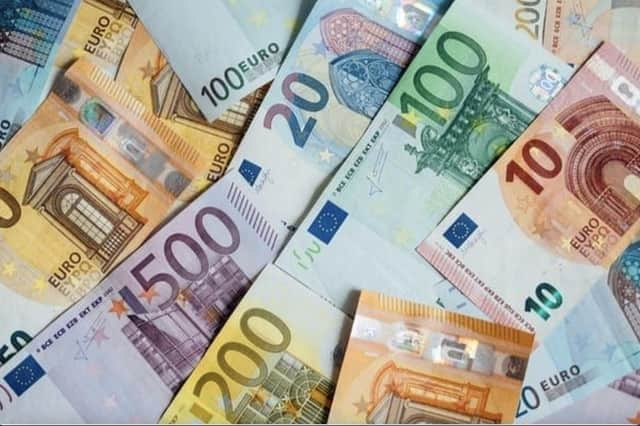Forex: How some UK companies are using blockchain for trading

It’s the latest hint that technology underpinning cryptoassets is moving into more conventional activities, according to a recent Reuters report.
Distributed ledger technology (DLT) developer Baton Systems announced that two banks are using the platform to settle foreign exchange trades in less than three minutes, using real currency and real accounts.
This removes the use of CLS, a third-party bank that is widely used in the market to settle foreign exchange trades, and it also reduces exposure to settlement risk because the contracts are settled directly between the two banks.
To protect against a trade going wrong, it is necessary to tie up money and liquidity for a shorter period to achieve faster settlement.
The benefits of using the blockchain in Forex trading
Blockchain technology is being actively investigated for use in fixed income and currency trading based on its success in the bitcoin market and some limited applications in other areas.
It is possible that the technology is promising in concept, but it will take time for blockchain adoption to become ubiquitous among Forex brokers in the UK.
If you are familiar with the term blockchain, you will know that it refers to a public or distributed ledger of information stored on top of the internet.
“Internet 3.0” is another term used to describe the blockchain because the technology can be used to create social networks, messaging software games, exchange storage platforms, voting systems, prediction markets and online businesses.
Since information can be stored in any form, it is possible to use blockchains for almost any purpose. However, recording data on the blockchain network requires the approval of a number of nodes or devices.
Consensus between these nodes ensures that once a record is generated, it cannot be disputed, deleted, or changed without the permission of the party that created the record, as well as the entire blockchain community.
The impact of the blockchain on Forex trading
Changes in forex trading are likely to occur as a result of the sell-side investment in blockchain technology, which presents new alpha opportunities for forex trading desks.
Decentralization of record-keeping and increased accessibility of data are both possible with the blockchain’s reliable, permanent way of recording information – be it transactions or currency prices – in the foreign exchange industry.
As an example of this, HSBC is now using blockchain technology in foreign exchange trading through its “FX Everywhere” system, a rare case of a major bank implementing the technology. HSBC’s merchant hubs in the Americas, Europe and Asia Pacific all use the platform to coordinate payments.
A “shared permissioned ledger” is a type of blockchain that allows multiple parties to modify and update the ledger in real time.
As more and more technology becomes available to the FX markets, traders and brokers alike will face difficult questions about where and how to allocate resources, and whether the administrative burden of vendor management is preferable to building capacity in-house.
To stay ahead, trade organizations must provide the talent and resources needed to keep up with new trends and make constant investments to maintain their competitive edge.


